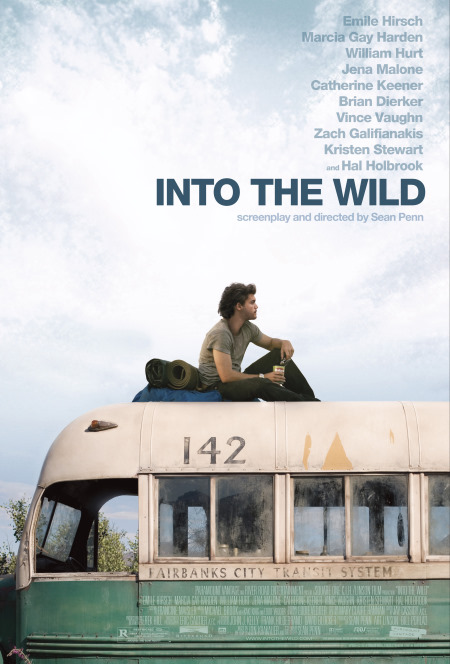Huey Long was man of gigantic proportions, an epic, almost operatic figure who rose to power as the greatest of populists, succumbed to corruption, and was murdered at age 42. His story inspired a Pulitzer Prize-winning book and an Oscar-winning film. That has now been remade with Sean Penn as Willie Stark, the man who tells the poor people of Depression-era Louisiana that they should trust him because he’s a “hick” like them.
As in the original movie, what we most want from this story is what is left out. We want to see that moment when Stark stands on the brink between idealism and expediency. But we don’t. The movie, instead, focuses more on what Stark’s corruption does to those around him, and after decades of political scandals that story is just not as gripping as it once was.
Penn is convincing as a man of complicated fury whose sense of thwarted entitlement on behalf of his community metastasizes through his administration. Sadie (Patricia Clarkson) and Jack (Jude Law) are a political aide and a reporter who begin as cynical but are moved by Willie’s sincerity and his role as David against the political machine’s Goliath but are soon swept into his tumble into personal and professional corruption. Anthony Hopkins plays a judge who stands in Willie’s way and must be persuaded — or destroyed.
But the focus of the story is Adam Stanton (Mark Ruffalo), an idealistic doctor and Jack’s closest friend, and his sister Anne (Kate Winslet), whose faded, crumbling mansion symbolizes the failing grandeur of their ideals. When Anne makes compromises in order to help her brother, it shatters Adam and Jack and leads to Willie’s downfall.
The top quality cast and screenwriter/director Steven Zaillian (Searching for Bobby Fischer) give it their all, if never quite convincingly Louisianan. Patrizia von Brandenstein’s production design and Pawel Edelman’s cinematography have all the appropriate slanted, golden light and hanging Spanish moss. But the story never connects; it seems to be somehow off-register. We need to believe that Willie is on our side and we need to see him leave us; instead we get the same old Southern decay.
Parents should know that the movie has some graphic violence, including an assassination. Characters drink and smoke and use some strong language, including racial epithets of the era. There are sexual references and non-explicit situations, including adultery. The theme of the movie is corruption and there are many examples and variations.
Families who see this movie should talk about the moments in which each character made the choice from which there was no turning back. How can you tell the difference between a compromise and a sell-out? Can you stop on the way from idealism to expediency without becoming corrupt? What figures in today’s world are most like those in the movie?

